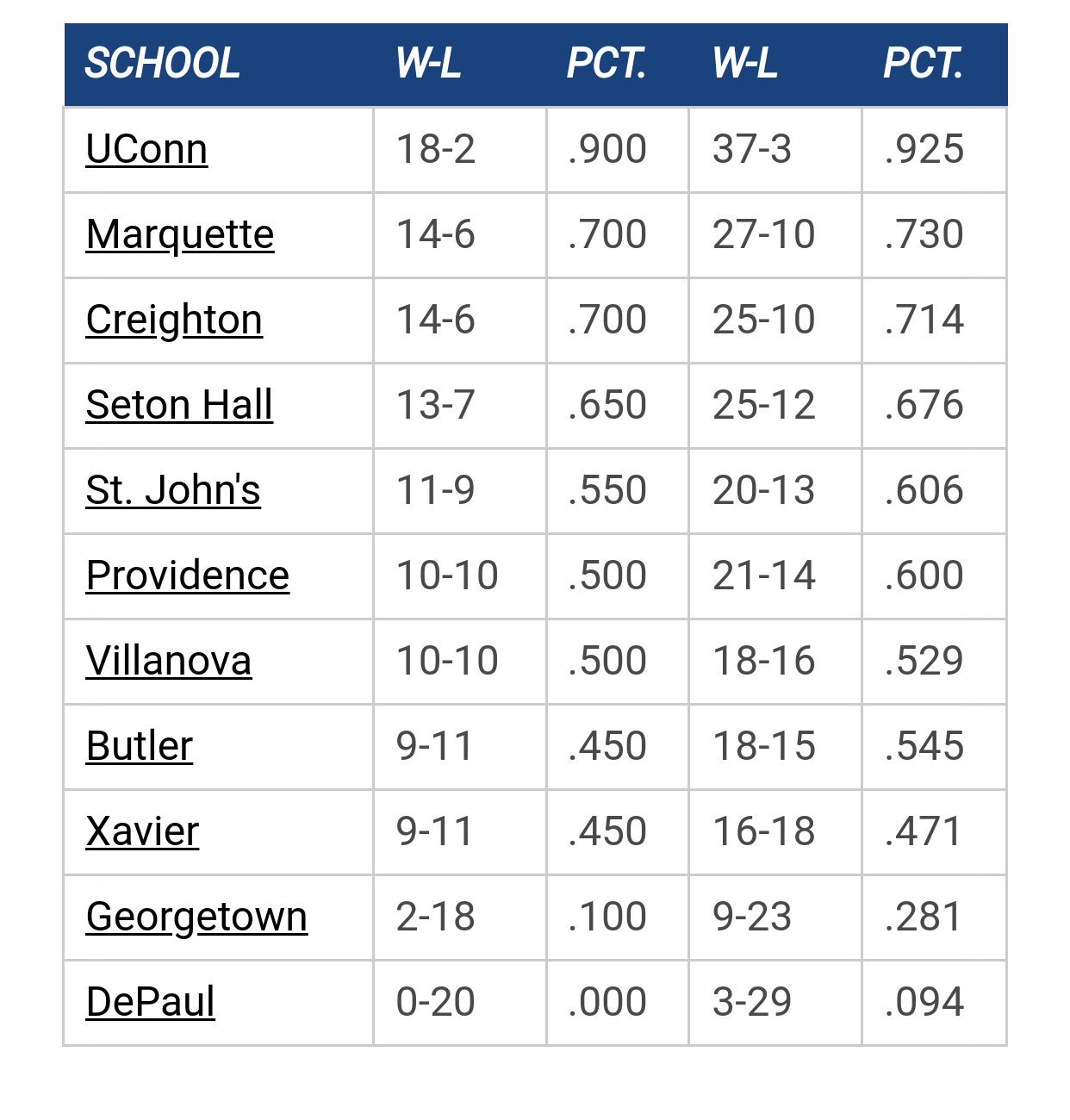|
2024 Transfer Portal by StillWarriors
[Today at 08:30:16 AM] 2024-25 Non-Conference Schedule by The Thing [Today at 08:13:27 AM] Recruiting as of 3/15/24 by Viper [Today at 07:42:14 AM] 2024-25 Outlook by Lennys Tap [April 23, 2024, 09:42:02 PM] Big East 2024 Offseason by Herman Cain [April 23, 2024, 09:23:41 PM] Best case scenarios by Frenns Liquor Depot [April 23, 2024, 03:55:21 PM] |
The absolute only thing required for this FREE registration is a valid e-mail address. We keep all your information confidential and will NEVER give or sell it to anyone else.
|





